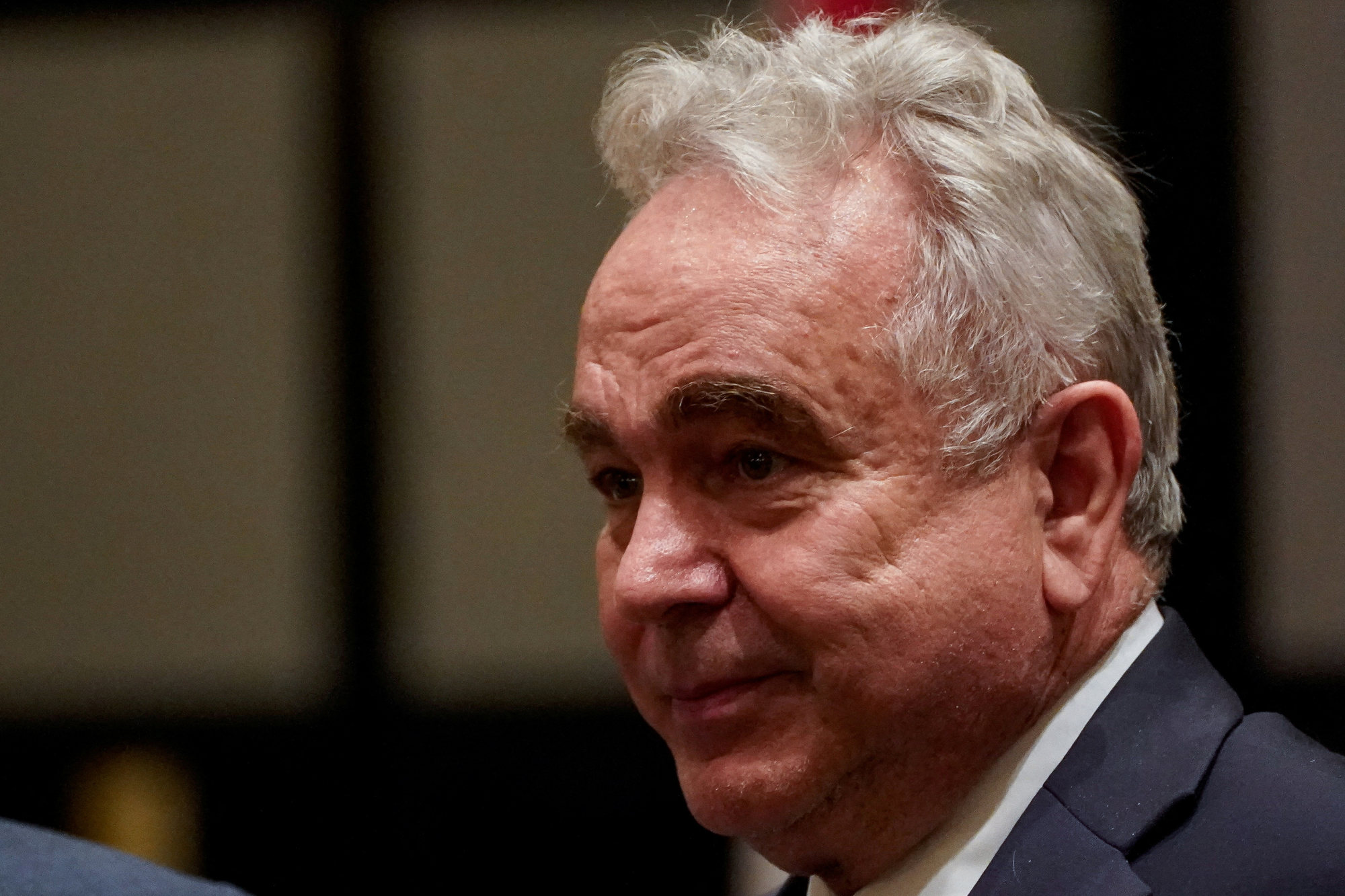US No 2 envoy claims Moscow-Pyongyang pact has left Beijing ‘somewhat anxious’
Campbell said that Pyongyang has provided “an enormous number” of artillery shells to support Moscow’s war against Ukraine and that in exchange, North Korea may get support for its long-range, nuclear missile development plans.
Russian President Vladimir Putin made headlines with his trip last week to Pyongyang, a move that widens the scope of players involved in the war that he launched against Ukraine in February 2022.
Biden administration officials including Campbell, Secretary of State Antony Blinken and National Security Adviser Jake Sullivan have accused Beijing of supporting Russia’s war effort with shipments of electronics and other materials used in weapons systems, but add that the country has stopped short of delivering “lethal aid”.
In his remarks at the event, Campbell said that pressure on China from Nato allies and defence treaty partners in the Indo-Pacific – Japan, South Korea and the Philippines – as well as Australia and New Zealand had already been increasing over concerns about how much a Russian victory over Ukraine would upset global stability.
“The steps that Russia and North Korea are taking are causing countries in the region to rethink all of their military and other steps. And so what we’ve seen is substantial increases in military spending, different focus in South Korea and Japan, elsewhere, through across the Indo-Pacific more generally,” he said.

“The United States is quite focused on underscoring the strength of our extended deterrence commitments to the countries of Northeast Asia, Japan and South Korea in particular,” he added.
Asked how close the US and the Philippines are to invoking their mutual defence treaty, Campbell said that he would not speculate on that in public.
“I will say we have reaffirmed [the treaty’s] significance and its relevance to these situations, continually and at the highest level – the president, secretary of defence, secretary of state – so we’ve sent a clear and unambiguous message of our determination to stand by our Philippine friends,” he added.